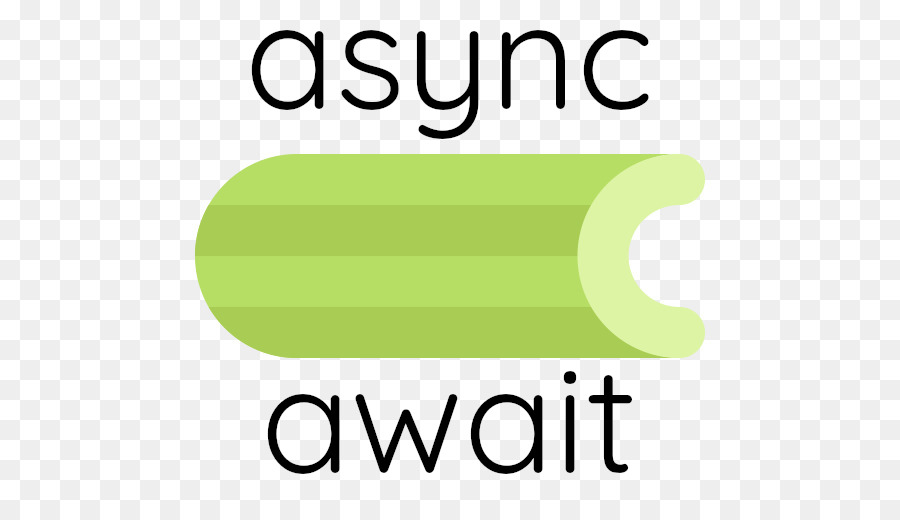Celery pool to run coroutine tasks
This project has been archived.
The maintainers of this project have marked this project as archived. No new releases are expected.
Project description
Celery Pool AsyncIO



- Free software: Apache Software License 2.0
Features
import asyncio
from celery import Celery
# celery_pool_asyncio importing is optional
# It imports when you run worker or beat if you define pool or scheduler
# but it does not imports when you open REPL or when you run web application.
# If you want to apply monkey patches anyway to make identical environment
# when you use REPL or run web application app it's good idea to import
# celery_pool_asyncio module
import celery_pool_asyncio # noqa
# Sometimes noqa does not disable linter (Spyder IDE)
celery_pool_asyncio.__package__
app = Celery()
@app.task(
bind=True,
soft_time_limit=42, # raises celery.exceptions.SoftTimeLimitExceeded inside the coroutine
time_limit=300, # breaks coroutine execution
)
async def my_task(self, *args, **kwargs):
await asyncio.sleep(5)
@app.task
async def my_simple_task(*args, **kwargs):
await asyncio.sleep(5)
Then run celery:
$ celery worker -A hello_async_celery.app -P celery_pool_asyncio:TaskPool
Monkey patching: wtf and why
There are many monkey patches should be applied to make application working, and
some of them should be applied as early as possible. You are able to switch off
any of them by setting environment variable CPA_MONKEY_DENY. Remember you
should have a great reason to do it.
Except critical for work features it allows:
# await data sending to broker
async_result = await my_simple_task.delay()
# await wainting for AsyncResult
result = await async_result.get()
You can manually disable any of them by enumerating it comma separated:
$ env CPA_MONKEY_DENY=CELERY.SEND_TASK,ALL_BACKENDS celery worker -A hello_async_celery.app -P celery_pool_asyncio:TaskPool
Disabling is available for:
SIGNAL.SENDCELERY.SEND_TASKWORKCONTROLLER.USE_EVENTLOOPWORKER.CPU_COUNTBASERESULTCONSUMER.WAIT_FOR_PENDINGBASERESULTCONSUMER.DRAIN_EVENTS_UNTILASYNCBACKENDMIXIN.WAIT_FOR_PENDINGALL_BACKENDSBEAT.SERVICE.STARTBEAT.SERVICE.STOPBUILD_TRACERKOMBU.UTILS.COMPATRPC.RESULTCONSUMER.DRAIN_EVENTSAMQPBACKEND.DRAIN_EVENTSAMQPBACKEND.GET_MANYAMQP_BACKENDRPC_BACKEND
Scheduling
Default scheduler doesn't work. PersistentScheduler is subclass of default
celery scheduler.
Running celery with scheduler:
$ celery worker -A hello_async_celery.app -P celery_pool_asyncio:TaskPool --scheduler celery_pool_asyncio:PersistentScheduler
$ celery beat -A hello_async_celery.app --scheduler celery_pool_asyncio:PersistentScheduler
Embeding also supported:
$ celery worker -A hello_async_celery.app -P celery_pool_asyncio:TaskPool --scheduler celery_pool_asyncio:PersistentScheduler -B
WARNING: embeded scheduler startup is not stable. It starts correctly in ~50% of cases. It looks like race condition. But after correct startup it works well. That's why it's good idea to run scheduler in separated process.
Celery Signals
from celery.signals import worker_init, worker_shutting_down
@worker_init.connect
async def do_startup_async(sender, **kwargs):
# Coroutine functions are available after pool initialized
await MyClass.init_async()
@worker_init.connect
def do_startup(sender, **kwargs):
# regular functions are available too
pass
@worker_shutting_down.connect
async def do_shutdown(sender=None, **kwargs):
await MyClass.shutdown()
More examples
There is an example project uses celery-pool-asyncio.
Changelog
[0.2.0]
- Allow to decorate corofunctions by
celery.signals - Implement pool capacity (
-c, --concurency)
[0.1.12]
- Finalize monkey patcher refactoring. Now you able to switch off applying of any monkey patch. Remember with great power comes great responsibility
- Implement
soft_time_limit - Implement
revoke - Fix keywords
[0.1.11]
- Total monkey patching refactor. Now it is enabled by default, but you can
manually disable some of features using environment variable
CPA_MONKEY_DENY
[0.1.10]
- Make Celery Beat working
- Add async Celery Scheduler
- More monkey patching
- Move loop and loop_runner to own module
- Avoid creating multiple loops and loop_runners per application
[0.1.9]
- Large rework of
await AsyncResult.get()- Works much better than earlier, but it's crap still
- Added outnumber of monkey-patches
- Fixed race condition on first microseconds of pool shutdown
[0.1.8]
- Cleanup tracer, use celery.app.trace namespase where it possible
[0.1.7]
- Refactor monkey, split it
- Move
patch_send_taskto own function - Add
patch_result_gettoawait AsyncResult.get
[0.1.6]
- Avoid building trace twice
- Also this small performance optimization fixed
AsyncResult.get
[0.1.5]
- Fix graceful shutdown
[0.1.4]
- Fix monkey: another function must be patched
[0.1.3]
- Add changelog
- Append documentation
[0.1.2]
- Add monkey patcher to make brocker IO operations nonblocking
[0.1.1]
- Refactor code
- Fix found errors
[0.1.0]
- Initial commit
Project details
Release history Release notifications | RSS feed
Download files
Download the file for your platform. If you're not sure which to choose, learn more about installing packages.
Source Distribution
Built Distribution
Filter files by name, interpreter, ABI, and platform.
If you're not sure about the file name format, learn more about wheel file names.
Copy a direct link to the current filters
File details
Details for the file celery-pool-asyncio-0.2.0.tar.gz.
File metadata
- Download URL: celery-pool-asyncio-0.2.0.tar.gz
- Upload date:
- Size: 19.2 kB
- Tags: Source
- Uploaded using Trusted Publishing? No
- Uploaded via: twine/1.13.0 pkginfo/1.4.2 requests/2.21.0 setuptools/40.8.0 requests-toolbelt/0.8.0 tqdm/4.28.1 CPython/3.7.3
File hashes
| Algorithm | Hash digest | |
|---|---|---|
| SHA256 |
330e0ff31a7f6e3ea9cb004843f2f967601602b52cee05a2faea7ed65b76a5b8
|
|
| MD5 |
0477930494cf492c691d94f577821115
|
|
| BLAKE2b-256 |
7f078005ac90afb30c43c22dd7a8f425c7c3b6785bdc484cb27662a35f6d87d1
|
File details
Details for the file celery_pool_asyncio-0.2.0-py2.py3-none-any.whl.
File metadata
- Download URL: celery_pool_asyncio-0.2.0-py2.py3-none-any.whl
- Upload date:
- Size: 19.7 kB
- Tags: Python 2, Python 3
- Uploaded using Trusted Publishing? No
- Uploaded via: twine/1.13.0 pkginfo/1.4.2 requests/2.21.0 setuptools/40.8.0 requests-toolbelt/0.8.0 tqdm/4.28.1 CPython/3.7.3
File hashes
| Algorithm | Hash digest | |
|---|---|---|
| SHA256 |
72cdec065060bc99af57771cba7f0444d8a901842ee3c859d0d167c547764a21
|
|
| MD5 |
96951d0ed1f796c627d26ff2e640b996
|
|
| BLAKE2b-256 |
8e8be6e6535df47bbeae8387a8ed9512155fb98bd72550be1b599fef43636c28
|













